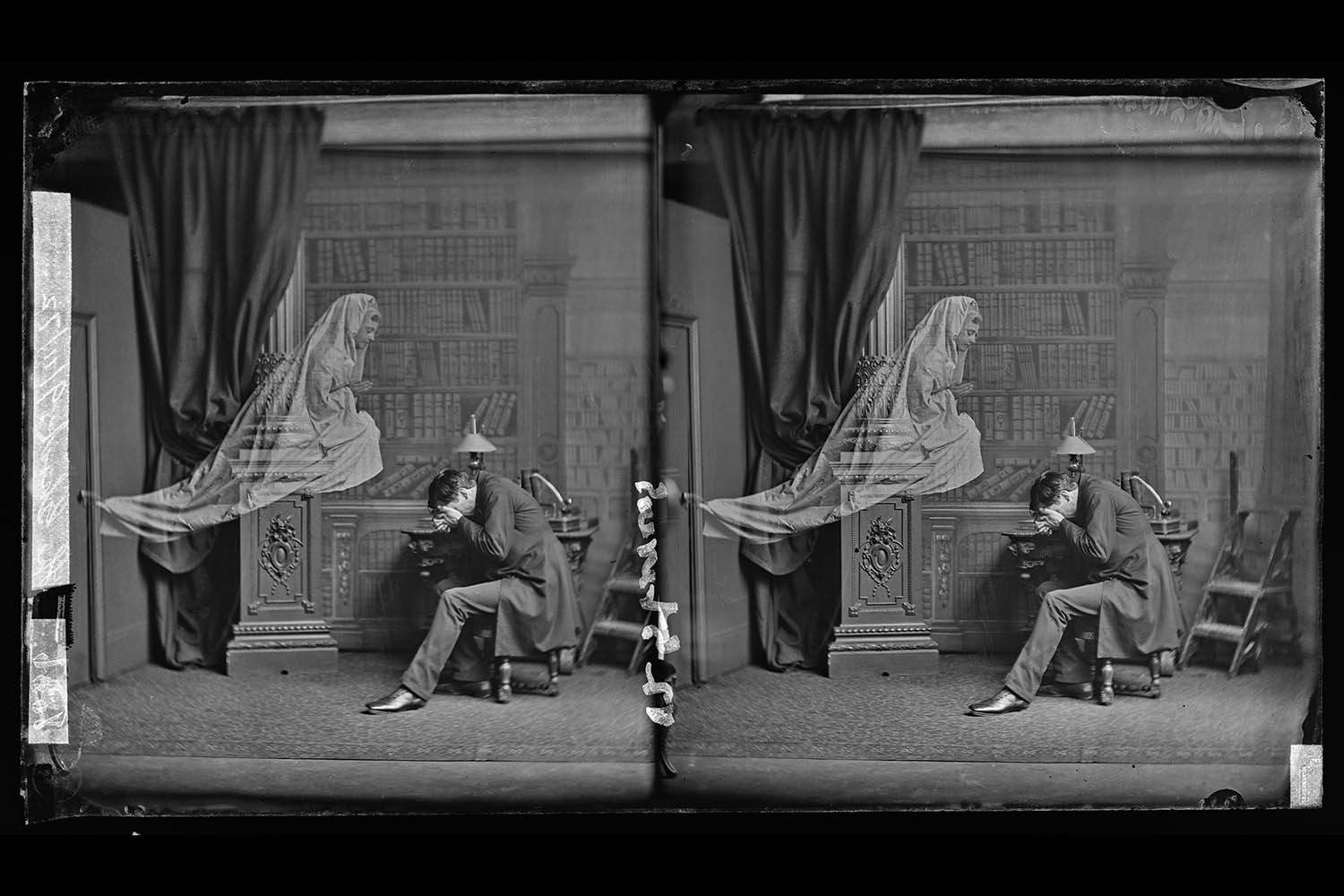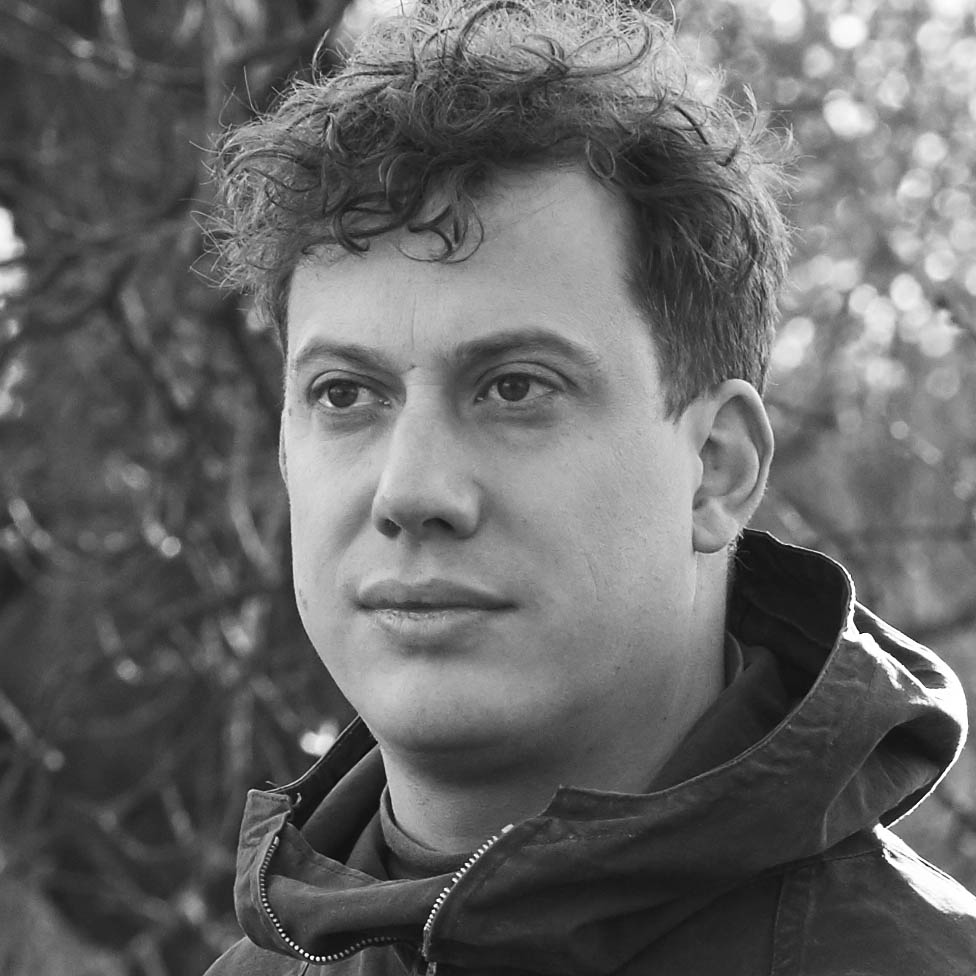A while ago, I lived in the former bedroom of a man called Ian. I had never met Ian, who had moved to Portugal. One night, I awoke from a touch on my cheek and, opening my eyes, saw a figure. From photographs of Ian, I knew it was him. He asked: “Who’s this, then?” before disappearing. I lay awake as dawn touched the greenery around the window, surprised but unafraid. Later, a friend rang to tell me that Ian had died in the early hours. I remain convinced that what I encountered was Ian’s spirit, fleetingly returning to a place he loved.
Who might have proven otherwise? Throughout the second half of the 20th century, I could have called the parapsychologist Tony Cornell, who for decades investigated supernatural phenomena including telepathy, extrasensory perception (ESP), hauntings and poltergeists. From the 1950s until his retirement in 2003, Cornell was a member of the Society for Psychical Research (SPR). Founded in 1882 (British prime ministers Balfour and Gladstone were members, along with Arthur Conan Doyle and Tennyson), the SPR investigated the paranormal at a time when esoteric beliefs, especially spiritualism, were far more widespread than today.
Ben Machell’s vivid and eerie Chasing the Dark examines society’s ever-evolving relationship and fascination with the paranormal through the life and work of Cornell and his colleagues. An elegant writer, Machell sits quietly in the background, Cornell’s archive itself becoming a form of conduit between the living and the dead. There are notes, articles and interviews with those who claimed to have had supernatural experiences. It’s typical of Machell’s poise when he writes that reading these documents “is like hearing the steady voice of a rational man methodically tapping the wall between reality and something else”. The same applies to his biographer. Machell’s skill, in a book finely balanced between the rational and the curious, is to combine this deep research with descriptions of ghostly children, walls pouring with water, and banging in the night (there is a lot of banging in the night) that are as vivid and potent as any horror fiction, all while resisting the writerly equivalent of donning a white sheet and groaning.
Machell humanises an at times difficult character, whose obsessions got in the way of family life. Cornell tried to connect with his son David by taking him to ancient churches and archaeological sites, all part of his deep fascination with “the proximity of the past”. This seems to have shaped all aspects of Cornell’s worldview. He repeatedly found that odd phenomena seemed to be caused by the proximity of recent grief rather than otherworldly forces – trauma can manifest in inexplicable human behaviour. Cornell and his SPR colleagues often functioned like social workers: their presence and conversation with distressed human souls would quieten “spirits” that were in fact unresolved familial tensions.
Over the years, Cornell (usually gently) exposed innumerable frauds, and believed Britain’s most famous 20th-century haunting, the Enfield Poltergeist, was a hoax. Yet he also had experiences he couldn’t explain – as does Machell, when he is given a recording of an empty school corridor that nevertheless echoes with footsteps on parquet flooring and the sound of children singing. This is “a moment that time has been unable to snag” – a perfect description of being at peace with the acceptance of the physically improbable.
Cornell often found that odd phenomena seemed to be caused by the proximity of grief rather than otherworldly forces
Cornell often found that odd phenomena seemed to be caused by the proximity of grief rather than otherworldly forces
I grew up in a Christian household, the son of a Methodist minister who had prayed over and blessed homes troubled by paranormal activity. John Wesley, the founder of Methodism, grew up in a rectory that, for a short while, seemed to be haunted by a poltergeist that his family called Old Jeffrey. With this background, and given what happened that night in Ian’s bedroom, I lean towards the belief that, in Machell’s words, reality might be “far richer and more complex than the immediately observable world around us”. These boundaries between life and death, perception and reality are the ultimate grey areas in human consciousness, and perhaps might prove a useful counter to our age of binary thinking and warped rationalism. If spiritualism emerged out of Victorian tensions between science and religion, then a renewed interest in the supernatural seems appropriate for our own era of bewilderingly fast technological change. Who wouldn’t rather engage with a ghoul than Elon Musk’s Grok?
Contemporary technology has had a profound impact on how we understand encounters with what might or might not be in the supernatural realm. The SPR is far less busy than it used to be, its scientific practice of sober investigation replaced by paranormal-obsessed YouTubers for whom hamming up the horror is good for engagement on social media and ad revenue. The care with which Cornell approached his cases seems to have been lost.
Many of Cornell’s contemporaries either ended up avowed sceptics or firm believers, the latter perhaps hoping to justify all the time they spent investigating. Cornell chose neither path, remaining doubtful, yet open. Ill with cancer and heavily medicated, he was receiving end of life care in April 2010 when, as Machell writes, “he sleeps, and then drifts into something deeper”. Before he died, Cornell promised that, should his soul in some way continue, he’d try to come back.
Chasing the Dark: Encounters With the Supernatural by Ben Machell is published by Abacus (£22). Order a copy from The Observer Shop for £19.80. Delivery charges may apply
Photograph depicts an 1872 stereoscopic image of a ghostly visitor. Courtesy of Getty Images
Newsletters
Choose the newsletters you want to receive
View more
For information about how The Observer protects your data, read our Privacy Policy

